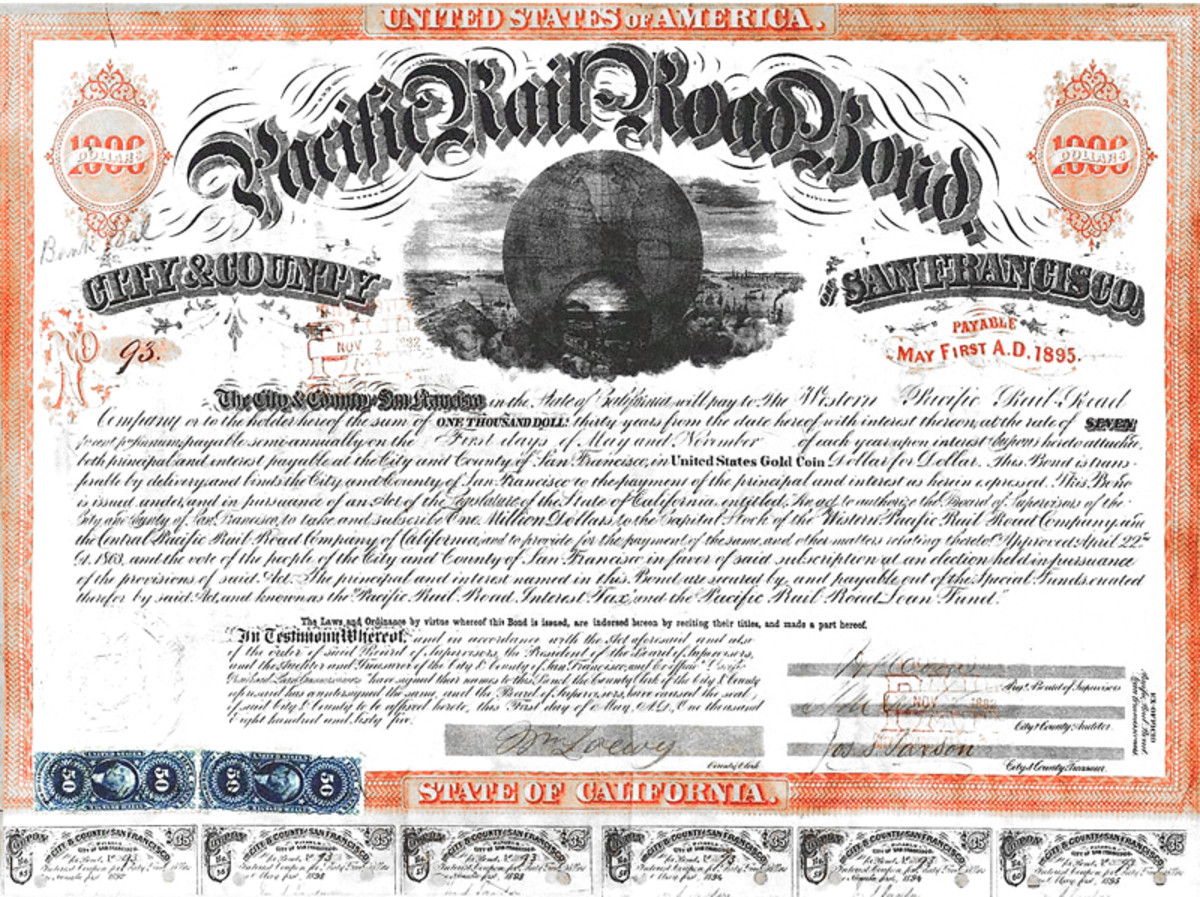How Does Interest Work To Get The Economy Moving
What is interest and the interest rate?
Interest is a fee charged by a lender to a borrower for the privilege of borrowing an asset. In return, the lender earns interest on the borrower's liability. The asset can be anything, such as a loan. For example, a bank borrows money from the public, when they deposit money into their account. The bank pays interest on that account and in turn use that money to lend to other people for which they charge interest.
The interest is usually expressed in terms of a percentage, which is then referred to as the interest rate. Depending on the asset involved, the interest rate may be named after the asset. For example, the mortgage rate is the interest rate for your mortgage.
The interest rate on the principal or the amount owed is calculated on a fixed amount of time. This is most commonly monthly, but can also be on a daily, monthly, quarterly or yearly basis. Suppose someone deposited $100 into a savings account, which earns 6 percent interest. At the end of the month, his balance will be $100.50 ($100 + $0.50).

Why are interest rates important?
Interest rates are important because they affect people's daily lives in so many ways. For example:
- Interest rates are usually lowered when the economy is weak to stimulate the economy. In the United States, this is done by the Federal Reserve. When the economy is strong, interest rates are then raised.
- Low interest rates are generally good for borrowers or people who need money and bad for savers or people who have a surplus of money. The reverse is true with high interest rates.
- The interest rates can decide whether or not people are likely to borrow money to pay for some product or service. Demand and therefore supply is directly impacted by interest rates.
- Interest rates can determine where and whether to invest or not, which in turn affects jobs. For example, a factory is more likely to invest and therefore hire workers if the cost to do so is relatively low.
- How high or how low the mortgage rate is can decide if you're able to afford your own home or if you have to rent an apartment.
- The interest rates can decide how much longer you have to work and save before you can think of retirement.
- The interest rates on credit cards and other loans can affect your standard of living and what you can afford or not afford.
- Low interest rates carry with it the risk of increased inflation. However, there are many other factors involved. Low interest rates does not necessarily mean high inflation is imminent.
Interest rates impact every facet of the economy and how people go through their daily grind. Their importance cannot be stated enough.
What is inflation and real interest rates?
Inflation is the price increase in goods and services over a set period of time and is expressed as a percentage. Inflation reduces the buying power of money, meaning that you get less for your money than previously. When the inflation rate is higher than the interest rate, you have negative interest rates. The real interest rate is therefore the interest rate minus the inflation rate. The reasoning behind this is that the interest earned or owned is worth less due to the effects of inflation.


How does compound interest work?
Interest is usually compounded, meaning interest on interest. This can have dramatic effects if you lend or borrow money. Suppose a recent college graduate at the age of 22 starts to save $200 every month for his retirement, earning 6 percent interest compounded on a monthly basis. After 40 years, his savings will have grown to $398,298.14 or almost $400,000, which should be enough to retire on.
Notice, he only spent $96,000 ($200 x 12 x 40), the rest is all interest earned. If he were to delay his retirement by 5 more years to the age of 67, his retirement fund will have grown to $551,198.52. In other words, the power of compound interest is that it grows exponentially over time.
The important lesson to remember from compound interest is to start saving as early as possible for your retirement. Conversely, if you own money such as on your credit card, you should pay it off as soon as possible, because the interest will really start to add up. If you do not, the interest alone will far surpass the principal, which can have disastrous consequences such as bankruptcy.








